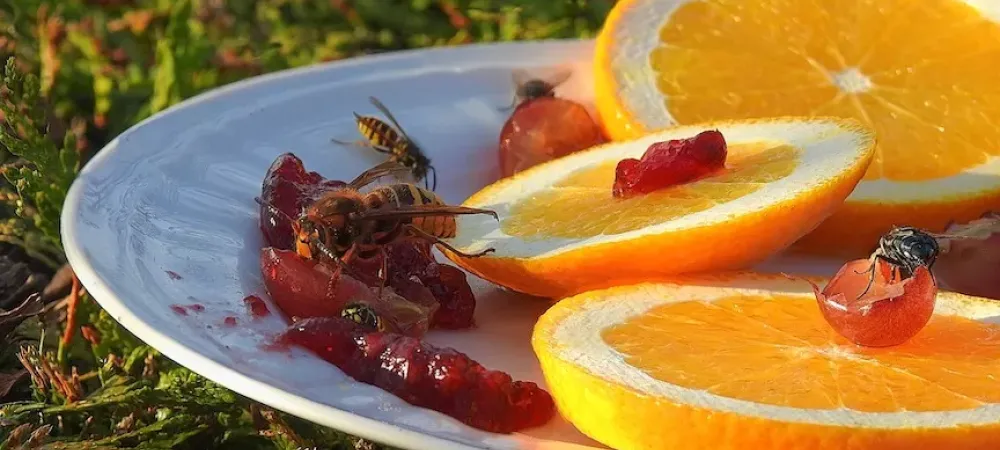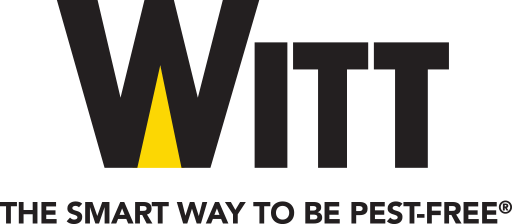Why Are Yellow Jackets Everywhere This Summer?

Ants, mosquitoes, and flies are a common sight during the warm summer months. Some of these summer pests are more than just a nuisance, however; they can become a danger for you and your family to be around! Here is some helpful information about one summertime pest that can pose a significant threat to you and your family if they are found nesting on your property, or even worse, on your home - the yellow jacket.
Yellow jackets are beneficial in natures because they are a predatory species of stinging insects that hunt and feed upon other nuisance insects, helping keep populations of these pests in check. Yellow jackets are also responsible for pollinating many different types of plants. Though they can be beneficial in some settings, these pests can become problematic for people and pets if they decide to nest on properties close to homes or, even worse, inside a home, garage, or shed. Some of the problems with having these stinging insects nesting around a home include putting homeowners and their families in close proximity with these stinging pests, and increasing the likelihood of them being stung. Yellow jackets are extremely aggressive and will protect their nests from perceived threats by delivering painful stings repeatedly; the venom from these stings leave behind a painful burning sensation and large, red welts. In addition, yellow jacket stings can also cause secondary bacterial infections to occur at the site of the sting and may even result in a systemic allergic reaction or whole body reaction to occur, which can cause a person to experience difficulty breathing, become covered in hives, or, in extreme cases, go into anaphylactic shock. Yellow jackets should never be provoked and should be avoided as much as possible to prevent serious health consequences from occurring.
So why are there so many of these dangerous stinging insects during the summertime? To answer this question you first need a little background information on how a yellow jacket colony begins. Every spring, a queen will emerge from her overwintering spot; she will then find a nesting spot and begin to build her nest to lay her eggs in. A single queen can lay up to tens of thousands of eggs, so while at the beginning of spring there may only be a hand full of yellow jackets out and about, but by the end of summer, after the eggs hatch, there will be thousands of these stinging insects flying around.
Now that you have a greater understanding of the dangers that these pests pose to you and your family, you are probably eager to get rid of them. To help you prevent yellow jackets from becoming a problem on your property this summer season, here are some helpful stinging insect tips:
- Yellow jackets feed on meats, sweets, grease, and cheeses; to keep these pests from being attracted to your property, make sure that all garbage is kept in trash cans with tightly-sealing or locking lids.
- To prevent yellow jackets from squeezing their way into your home, make sure that all window and door have intact screens in them; any cracks found in the foundation or exterior walls of your home should be sealed and vents leading into your home should have tight-fitting covers on them.
- Yellow jackets build their nests in trees and bushes; trim back any overgrown bushes or trees away from the exterior of your home to help prevent these stinging insects from building a nest right next to your home.
- Get professional help to remove a yellow jacket nest built on or near your home as soon as possible.
At Witt Pest Management, we never suggest homeowners attempt to remove a yellow jacket nest on their own; instead, contact us and let our highly-experienced professionals remove the nest and the yellow jackets from your property. By utilizing a variety of customizable treatment options, our pest control experts will resolve yellow jacket infestations quickly and safely. Contact Witt Pest Management today to learn more!
